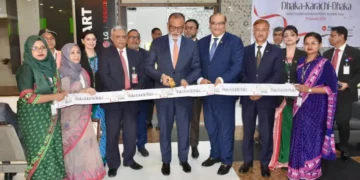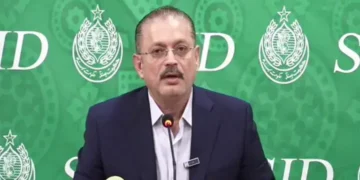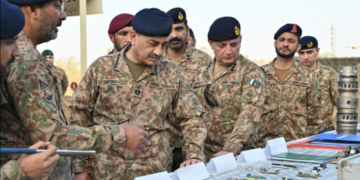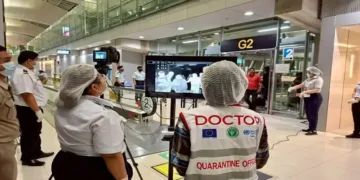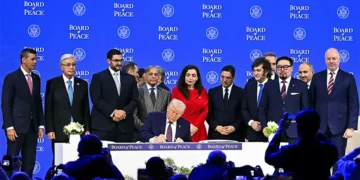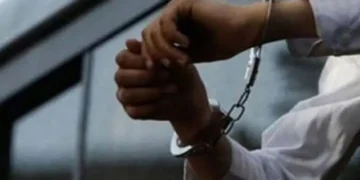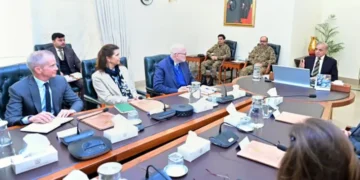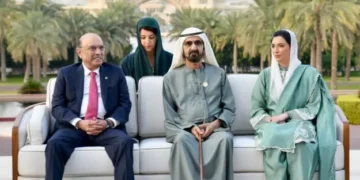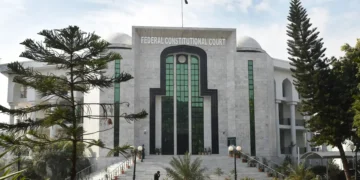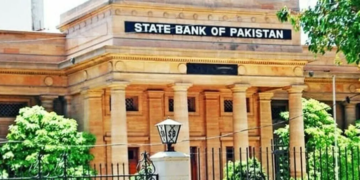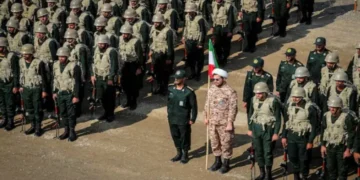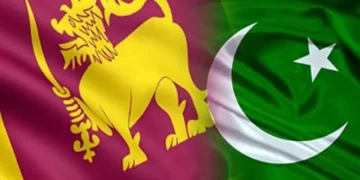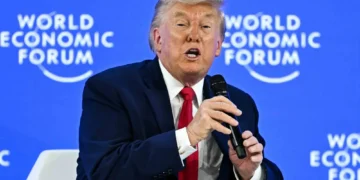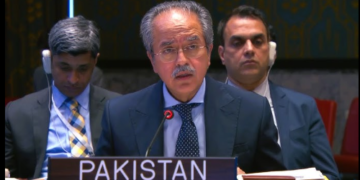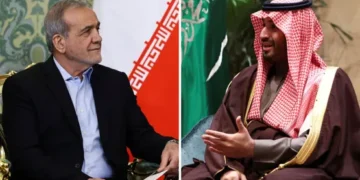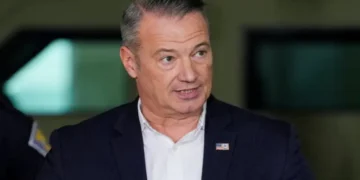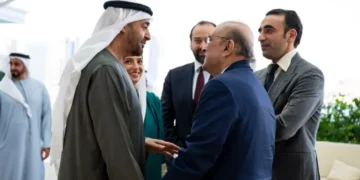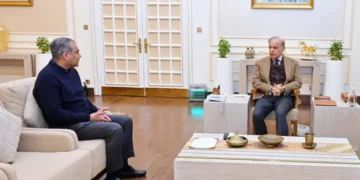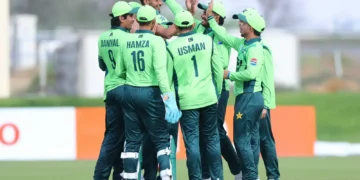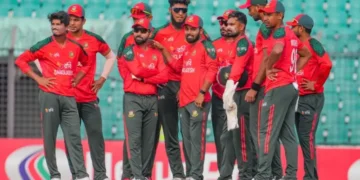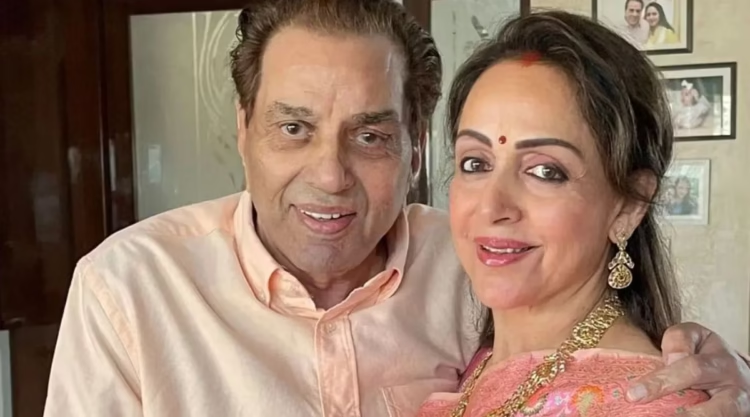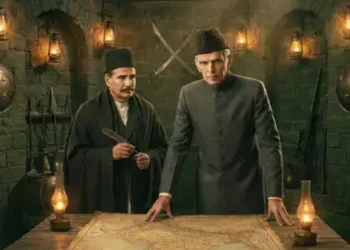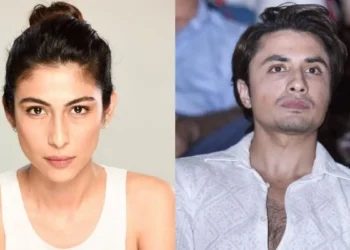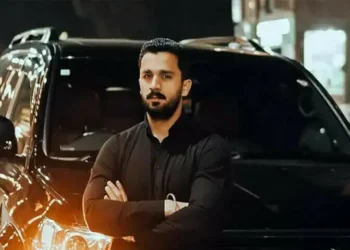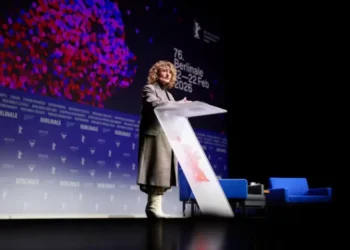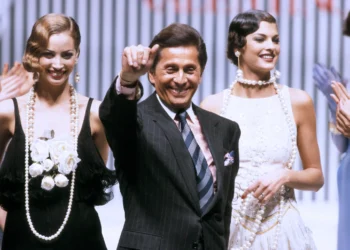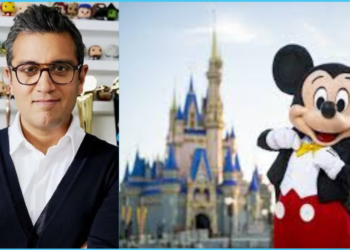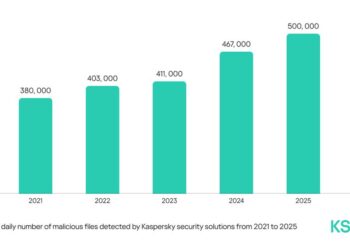NEW DELHI (MNN); Dharmendra, one of Bollywood’s most celebrated and influential stars whose powerful yet tender screen presence defined Hindi cinema in the 1970s and 80s, passed away on Monday at the age of 89.
The actor, who would have turned 90 on December 8, had been undergoing multiple hospital visits in Mumbai in recent weeks. A senior police official, citing Dharmendra’s doctor, confirmed his death.
Indian Prime Minister Narendra Modi expressed sorrow, noting that his passing “marks the end of an era in Indian cinema,” remembering him as an artist whose diverse roles resonated deeply with millions.
Nicknamed Bollywood’s “He-Man,” Dharmendra blended action-hero charisma with the sensitivity of a romantic lead. His portrayals of courageous, patriotic protagonists brought him immense popularity, while his performances in comedies and love stories cemented his place as a versatile icon.
Dharmendra achieved legendary status with his role in the 1975 classic Sholay, considered one of India’s greatest films. His on-screen camaraderie with Amitabh Bachchan in the film became one of Bollywood’s most cherished pairings.
From the comedy Chupke Chupke to action hits like Mera Gaon Mera Desh, he remained one of the most recognisable faces of the golden era of Hindi cinema.
His long-running on-screen partnership with actress Hema Malini—whom he later married—also became hugely popular.
However, their relationship stirred controversy. Dharmendra was already married to Prakash Kaur, with whom he had four children, including actors Sunny Deol and Bobby Deol. Reports suggest he briefly converted to Islam before marrying Malini in 1980, as Hindu law does not permit second marriages without divorce.
He continued to live with Kaur even after marrying Malini, with whom he had two daughters, including Esha Deol. His nephew Abhay Deol also entered the film industry.
In later years, Dharmendra transitioned to character-driven roles, often portraying father figures in films through the 1990s and 2000s.
His career, spanning more than six decades and over 300 films, continued until 2025, with his last appearance in the war biopic Ikkis. Reflecting on his journey in a 2021 interview, he said, “I never thought I would come this far.”
Born Dharmendra Kewal Krishan Deol in Punjab in 1935, he came from a farming background and moved to Mumbai in the late 1950s before making his debut in 1960.
He received the Padma Bhushan, India’s third-highest civilian award, in 2012 for his contribution to cinema. He also briefly served as a Member of Parliament from 2004 to 2009.
Dharmendra is survived by his wives, children and grandchildren.


